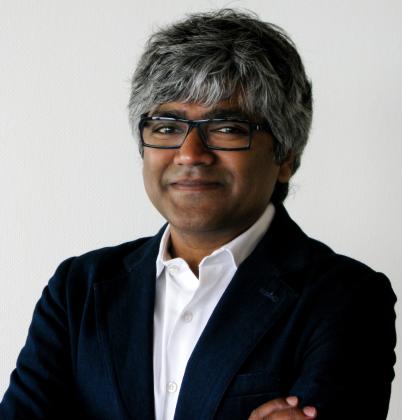In a new commentary article published in The Star, UNU-IIGH's Unni Karunakara explores Malaysia’s potential to decolonize and reshape global health as the 2025 ASEAN Chair.
By leveraging its strategic positions within the Organisation of Islamic Cooperation (OIC) and BRICS, Malaysia can advocate for a more equitable global health governance system that prioritizes the needs of low- and middle-income countries (LMICs).
The article highlights the entrenched colonial legacies and economic disparities that continue to shape global health. During the COVID-19 pandemic, the monopolization of vaccines by wealthier nations underscored the systemic inequities in access to life-saving treatments. Malaysia, however, has a history of challenging these imbalances, from co-founding the Drugs for Neglected Diseases Initiative (DNDi) to leading tobacco control efforts in international trade agreements.
Looking forward, Malaysia is urged to take a leadership role in reforming global health governance. Key recommendations include promoting inclusive global health discourse, strengthening its engagement with intergovernmental institutions, ensuring sustainable global health financing, fostering technology transfer, and enhancing regional cooperation within ASEAN. As ASEAN Chair, Malaysia has a unique opportunity to champion a fairer global health system, one that prioritizes "justice, equity, and solidarity with the Global South".
----------
Disclaimer: This article is a summary of the original piece published in The Star. For the full article, please visit The Star website. Please note that the article is behind a paywall.


